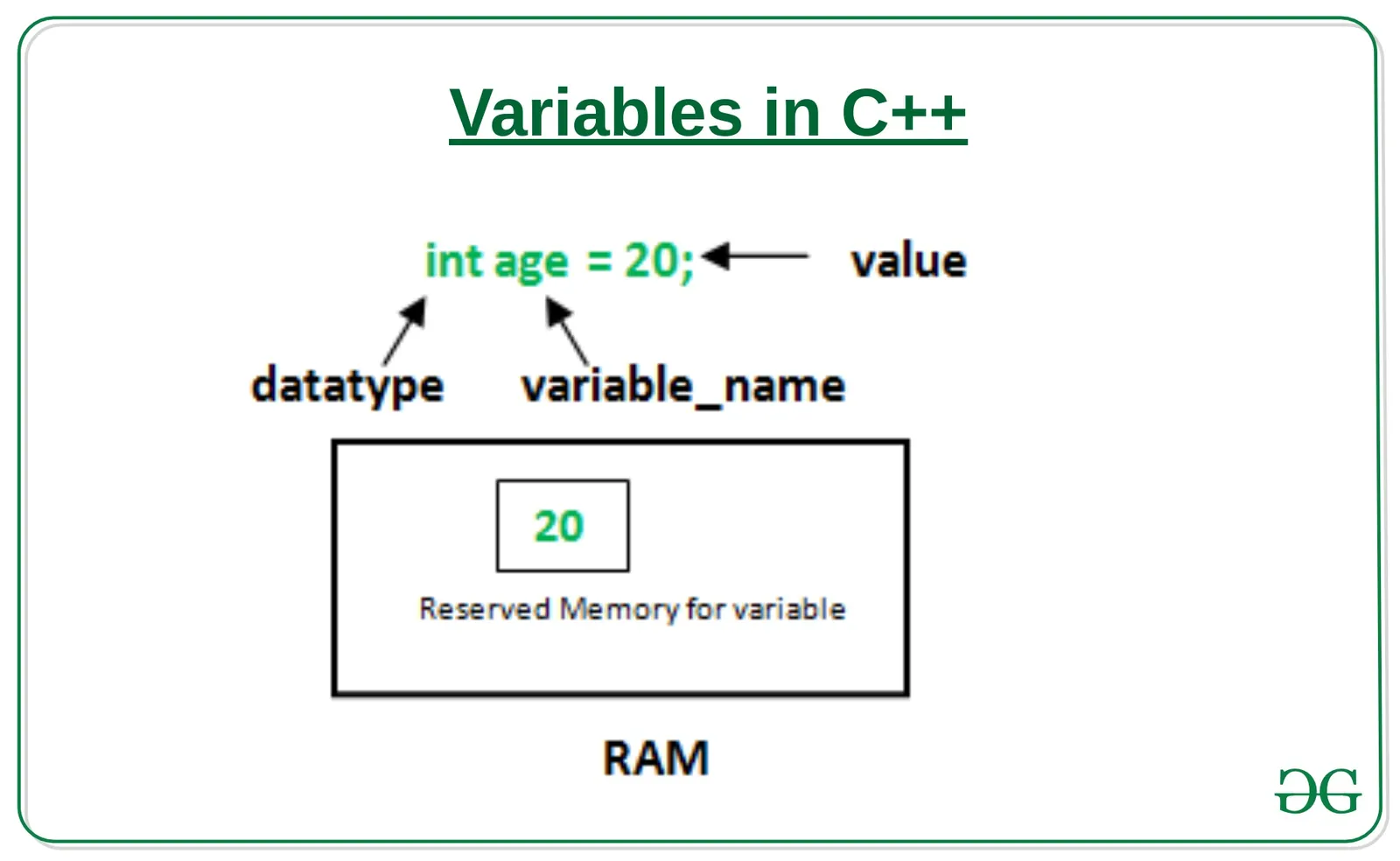How To Write C++ Variables
Variables are an important part of any software application.
However, every programming language has different variable characteristics. Some languages have special syntax. There is also the question of typing - some languages are statically typed (which means you must specify a variable’s data type before value assignment) while others are dynamically typed (which means a variable can assume any value, with no specification required).
There is much to understand about a language’s variables before starting to write code. With that in mind, this article will teach you how to write C++ variables properly, which will save you time and grief later on in your programming journey.
Table of Contents
You can skip to a specific section of this C++ tutorial using the table of contents below:
What Are C++ Variables?
Variables are the fundamental blocks on which a programming language is built. They can be understood as named memory locations that store data temporarily. Variables can change while the program is running.
In most languages (C++ included), each variable has a type, which determines its size and layout, the range of values that it can store in memory, and the set of operations that can be applied to it.
A variable is just the name given to a memory location. Therefore, when the program runs and a variable undergoes different operations, the change reflects in that memory location too. Before using any C++ variable, it has to be declared and sometimes, defined too.
Throughout the rest of this article, I will discuss the characteristics of variables in C++, their types, and how to declare and define them.
Type of C++ Variables (By Data Type)
There are various categories into which the variables in C++ can be divided on the basis of their data types. These are:
- **int: **Variables of this type hold integer value (whole numbers).
- **char: **These variables hold character values like ‘a’, ‘H’, ‘M’, ‘l’, ‘x’, etc.
- string: Stores text like “Hello World”.
- bool: Stores either true or false.
- double: This variable stores double-precision floating-point value.
- **float: **This stores single-precision floating-point value.
- **void: **This variable represents the absence of type.
- **wchar_t: **A wide-character type.
#c++
